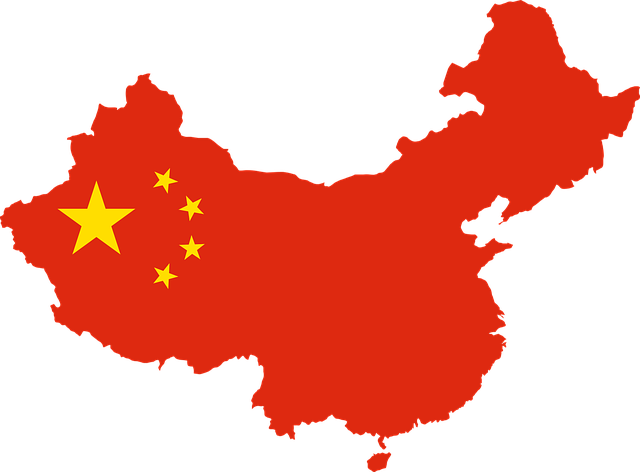China’s cosmetics industry has experienced rapid development and demand for cosmetics in China has increased significantly over recent years. Many foreign cosmetic companies are looking at ways to become a part of this fast-growing market.
The Chinese market represents many opportunities, but it also has its challenges. One of the challenges is the Chinese cosmetics regulation, which can be frustrating for many foreign companies. It is therefore important to become familiar with the regulation and be aware of all the requirements that need to be met in order to ensure compliance of your cosmetic product.
The approval process for cosmetics in China
China has two categories of cosmetics – non special use cosmetics (non-SUC) and special use cosmetics (SUC), and the approval process differs for the two categories. Non- SUC have to go through the pre-market filing process, and SUC are subject to pre-market registration.
Cosmetics have to be filed or registered to the National Medical Products Administration (NMPA), which is considered the main regulatory body for cosmetics in China.
Filing of non-SUC in China cannot be done without assigning a responsible person (RP). RP has to be the importer, and he also needs to be based in China and have a cosmetic business license. His main responsibility is the safety and quality of the products, and he is also responsible for the filing process.
Registration of SUC, on the other hand, requires the company to designate a responsible agent (RA). RA can be any legal entity based in China, and his only responsibility is the registration of the product.
The first part of the process is similar for both registration and filing. Both RP and RA first have to set up an NMPA account. After that, they can arrange to test for cosmetics. Cosmetics need to be tested at the NMPA approved lab, regardless of whether they have been tested abroad or not.
Testing takes around 2-4 months for non- SUC, and it may take a year or more for SUC, which require some additional testing. Testing reports have to be included in the product’s dossier. The latter is compiled by the RA or RP, depending on the process, and it includes documentation on the quality and safety of the product.
Next step for both approval processes is the submission of the dossier to NMPA for administrative review. At this point, NMPA only checks for completeness of the files.
After that, the process is different for registration and filing. For filing, NMPA grants a filing certificate, which is generated online and has no expiry date. As soon as the filing certificate is obtained, non-SUC can be imported and sold in China.
However, the filing process is not finished yet. The last but the most important part is the technical review, which is carried out by NMPA within 3 months after filing. During this time, the focus is on the safety and quality of the product.
Based on submitted data, NMPA can either approve, demand supplementary data or, if there are safety concerns, stop the selling and even recall the products.
On the other hand, SUC can be imported only after the technical review is complete, and they get approved by the NMPA. After that, NMPA will issue an administrative licence (with a 4-year validity), and the products can be imported.
Selling product to China online, via cross-border E-commerce, can also be a good option to test the market and to avoid the lengthy process of getting the products tested and registered. You can read more about how to sell cosmetics to Chine online here.

Comparison of non-SUC filing with the EU notification process
The approval process in the EU is the same for all cosmetics. Cosmetic products need to have an EU based legal or natural person to act as a responsible person, but unlike in China, the EU RP doesn’t have to be the importer.
The RP has to notify the cosmetic product to the European Commission through the online portal called Cosmetics Products Notification Portal (CPNP) before it is placed on the EU market.
Filing and notification of cosmetic products are both pre-market requirements. Cosmetics can be placed on the EU market as soon as they are notified to the CPNP. But in contrast to China, products that are notified in the EU are not approved by the competent authority. They are, however, subject to post-market inspection.
Both regulations require RP to collect all the necessary information on the product. The EU RP has to keep the file readily accessible at his address while the Chinese RP has to submit it to the competent authority and wait for the approval.
Both RP’s are responsible for product notification as well as the safety and quality of the product. In addition, their contact details have to appear on the label of the product.
Animal testing requirement
It is important to note that China still requires animal testing of cosmetics. All imported cosmetic products, as well as domestic SUC, have to be tested at the NMPA approved labs, which perform tests on animals.
However, animal testing is not mandatory for domestic non-SUC product and products sold through Cross-border E-commerce (CBEC). In the EU, on the other hand, animal testing is not allowed.
The EU animal testing ban for finished cosmetic products applies since 2004 and for cosmetic ingredients since 2009. Cosmetic products can be tested at any lab as long as they are not being tested on animals.





